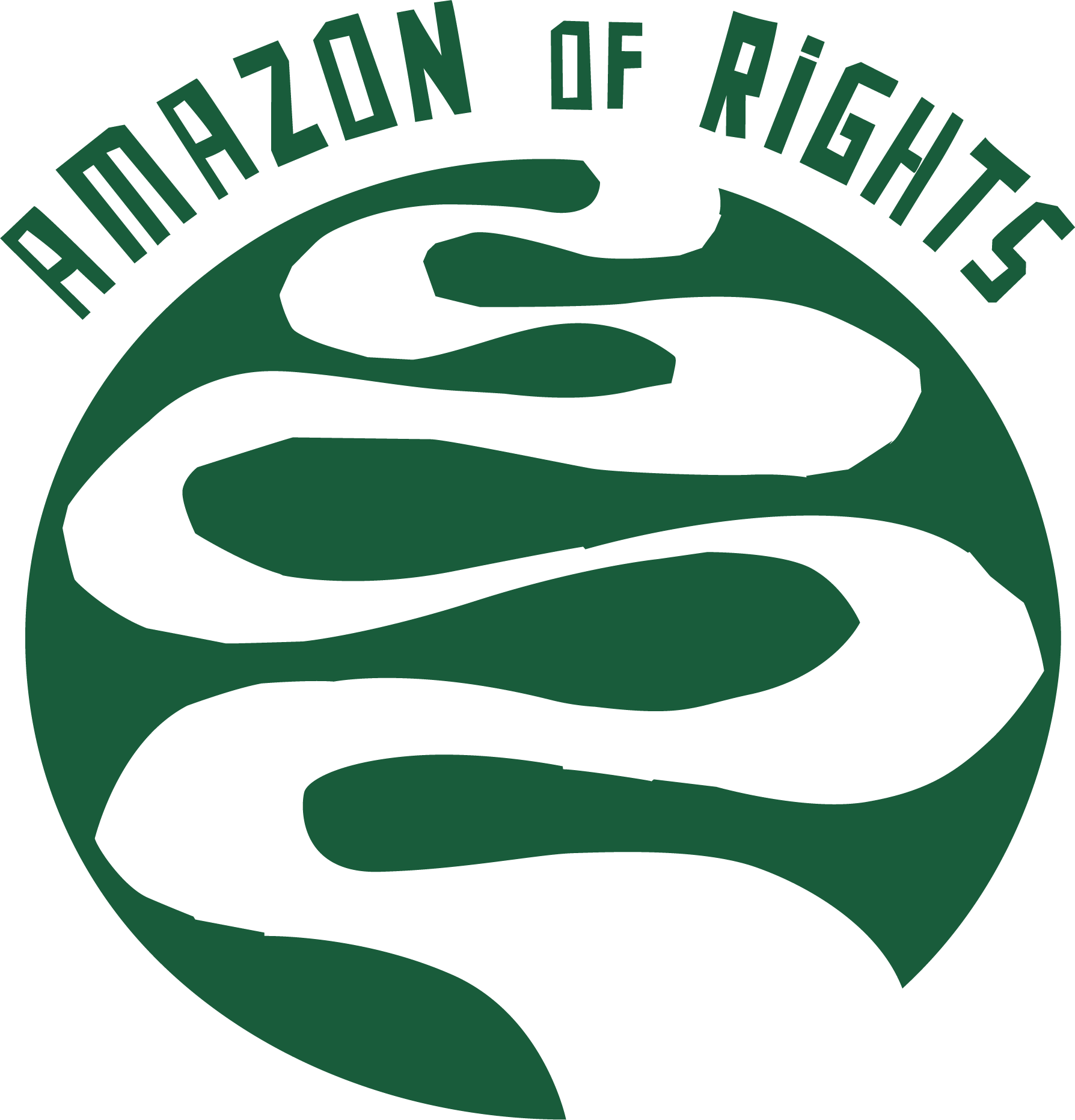Colombia
Colombia’s Recognition of the Rights of Nature
Colombia is a global leader in recognizing nature as a legal subject, a groundbreaking legal concept that grants ecosystems and species legal rights akin to those of humans and corporations. This innovative approach to environmental law responds to growing global concerns about climate change and the need for a more sustainable relationship between humans and nature.
The formal recognition of nature’s legal rights in Colombia began in 2016, when the Constitutional Court issued the landmark T-622 ruling, declaring the Atrato River in Choco a legal subject with rights. This decision was a milestone for Colombia and international environmental law, establishing the river’s right to exist and maintain its ecological integrity. The ruling came in response to a lawsuit filed by Indigenous and Afro-descendant communities impacted by gold mining and other illegal extractive activities. The court’s decision highlighted that ecosystems should not merely be seen as resources but as legal entities with inherent rights.
The recognition of nature’s rights shifts traditional conservation efforts by emphasizing not just immediate damage prevention but long-term ecological balance. Legal representatives, often government agencies or local Indigenous groups, act as guardians of these ecosystems to ensure their restoration and protection. They can take legal action, implement restoration projects, or regulate human activity harming these environments.
Colombia has since expanded this legal framework to other ecosystems. In 2018, the Supreme Court of Justice declared the Colombian Amazon a legal subject through STC-4360, responding to a lawsuit by young activists combating deforestation, which threatens global climate regulation. The court mandated government action plans with community involvement to combat deforestation.
In 2019, the Administrative Court of Boyacá declared the Pisba Páramo a legal subject, recognizing its role in providing water to nearby communities and stabilizing regional climate patterns. The court sought to halt mining and agricultural threats to this fragile Andean ecosystem and support its restoration.
Additionally, Los Nevados National Natural Park was declared a legal subject in 2020 to safeguard its biodiversity and water resources against climate change and unchecked tourism. An environmental management plan was required under this ruling, involving local communities and state oversight.
These decisions have had significant environmental and social impacts. Legal recognition has strengthened regulatory frameworks and empowered local communities and Indigenous peoples as active participants in ecological restoration and governance. However, challenges remain. Financial and administrative gaps hinder full implementation, while competing economic interests like mining and agriculture often clash with conservation efforts. Corruption and weak environmental governance also limit enforcement.
Despite these obstacles, Colombia’s efforts highlight a successful model for combining legal innovation, community participation, and environmental protection. By legally recognizing ecosystems’ rights, Colombia is advancing ecological justice and demonstrating a forward-thinking approach to confronting climate change and biodiversity loss.

